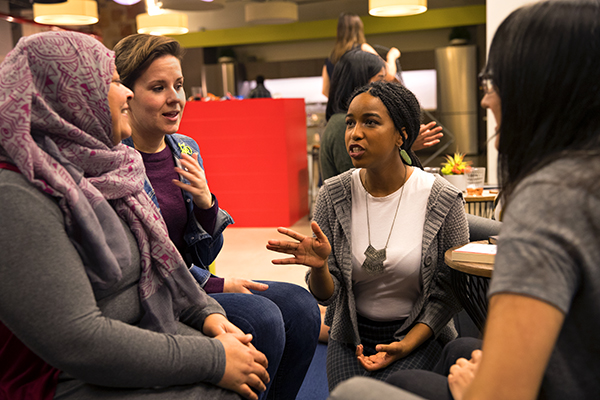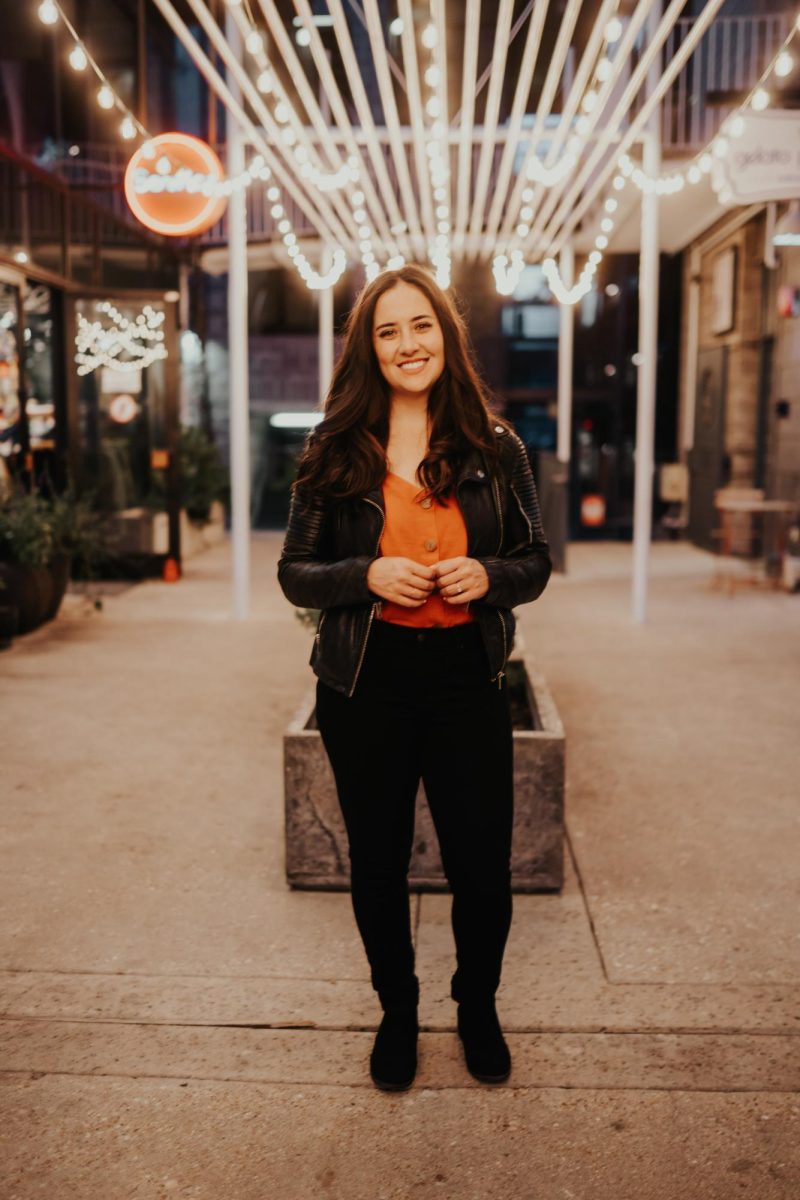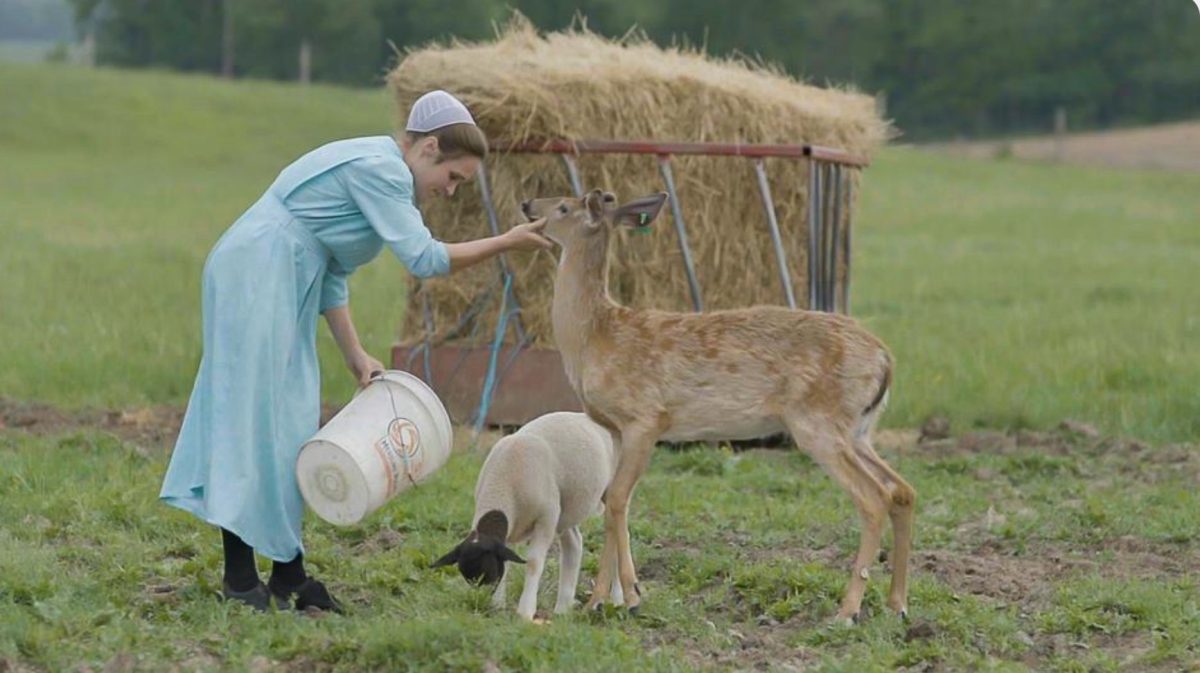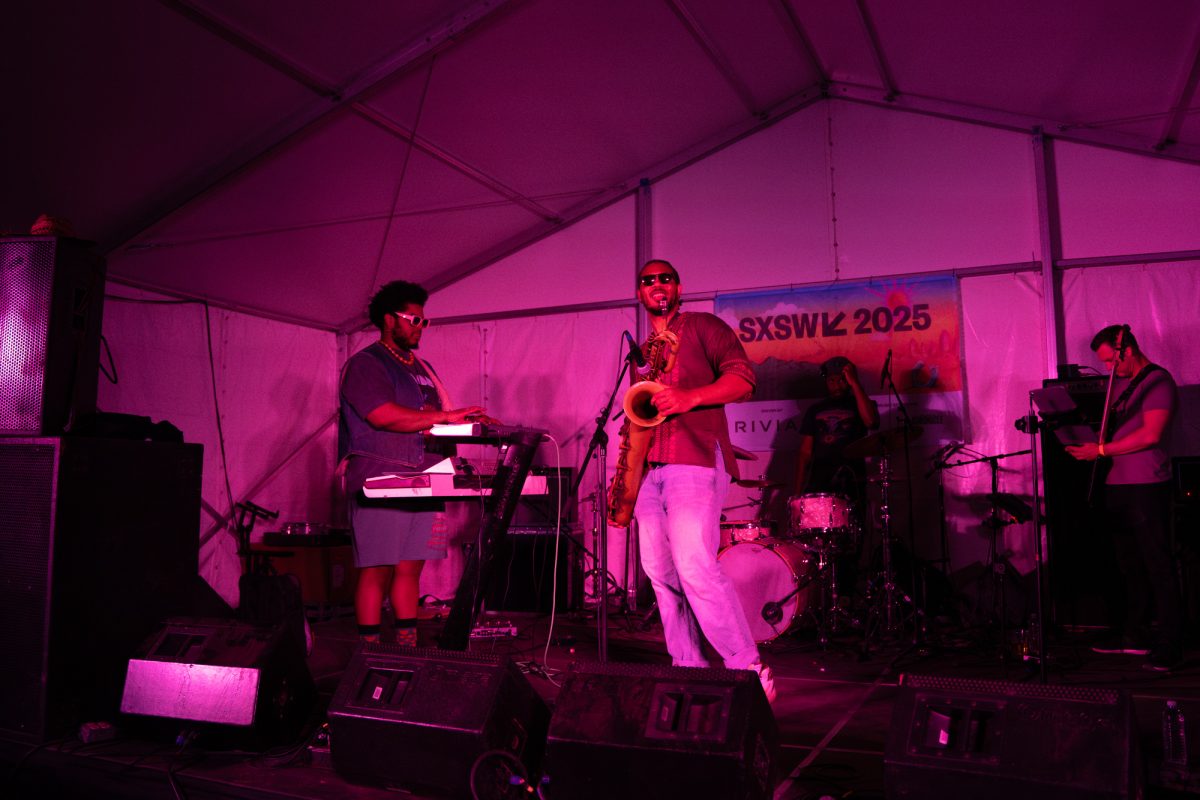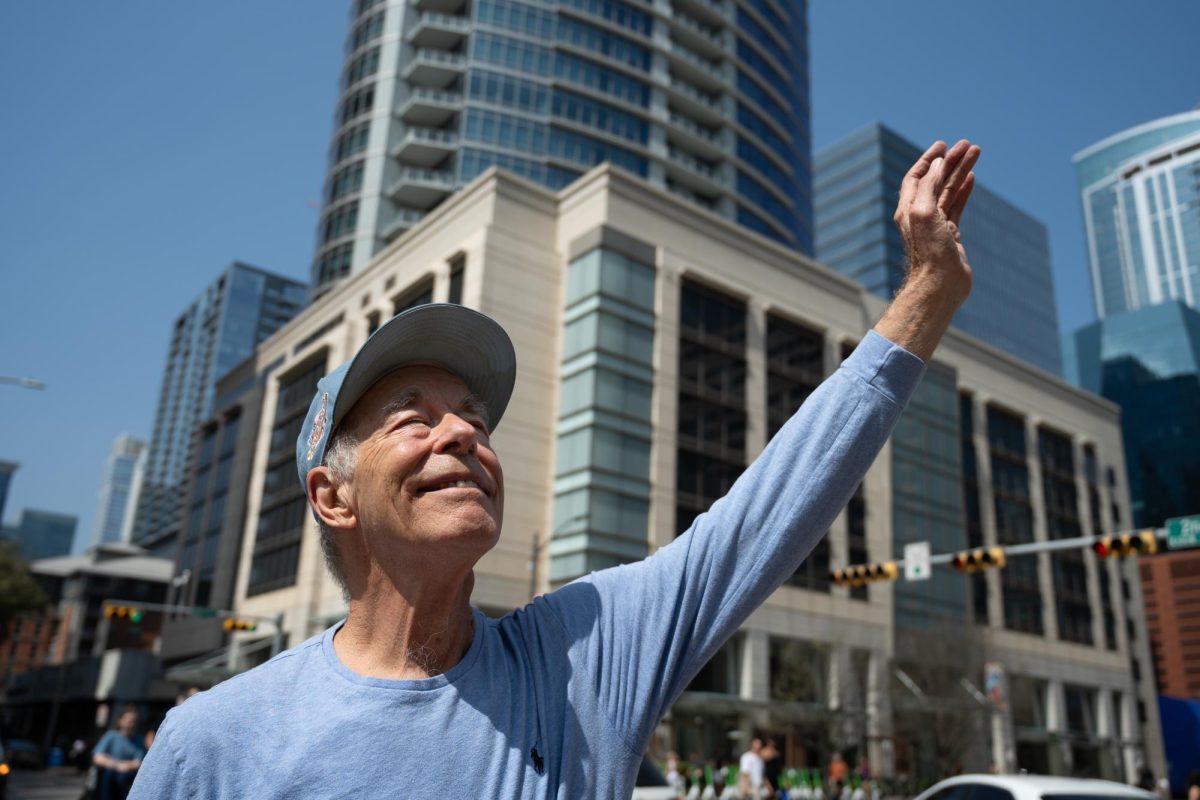An unofficial South by Southwest event featured two students who spoke on a panel about their experiences as women of color at the University of Texas.
The event, called Inclusive Conversations, focused on increasing awareness of how racism impacts women.
Lakeya Omogun, a doctoral student in language and literacy studies, said she moved to Austin from Harlem, New York, when she was accepted to the University. Prior to her move, a colleague of hers had told her that Austin was “not like the rest of Texas.”
“It kind of set me up to think, ‘I’m moving to the South, but its not like the South,’” Omogun said. “I moved down here, and I was immediately struck by the visual lack of diversity. It was the first thing I noticed … I didn’t see a black person for two weeks.”
Only 7 percent of Austin residents are African American, according to 2014 data from the the City of Austin.
Omogun said the lack of diversity took an emotional toll on her, which motivated her to write a piece for Medium that drew in thousands of readers. In her piece, Omogun describes an incident when a man leaned out of his truck window and called her a racial slur.
“I didn’t notice the emotional toll (of being the only black person) until a little bit later,” Omogun said. “It was that, coupled with a few experiences that were racially motivated, that I talk about in the piece, that made me say, ‘I’m going to write about this.’ It was very difficult to write about.”
Ayana D’Aguilar said when she came to UT, her mother, a UT alumna, was nervous for her. D’Aguilar recently spoke out about experiences of racism at her former internship at UT’s Center for Women in Law, a story she repeated at the event.
“My mom came to UT in the mid-80s when racial tensions were very strong — not that they’re not strong now, but they looked different,” said D’Aguilar, an Islamic studies, South Asian languages and Plan II senior. “People could say (racist) things more boldly than they can now.”
D’Aguilar said she still feels Austin is not an accommodating space for her.
“I’ve lived here for almost five years now, and I still go to Houston to get my hair done,” D’Aguilar said. “Walking down South Congress, I’m the only black person I see around here for a couple blocks at least.”
Omogun said there are racist systems and history that still impact people of color today, so people need to listen to people of color speak about their experiences.
“If you don’t have that experiential knowledge … whether that’s discrimination or racial profiling, it can be really difficult to understand,” Omogun said. “(It’s) empathy — putting yourself in someone else’s shoes to try to understand, and I think in order to understand, you have to listen first.”
Karen Fleshman, who moderated the panel and helped organize the event, said Omogun and D’Aguilar helped contextualize the racial issues that women of color experience.
“I think their stories really resonated with what we wanted to express,” Fleshman said after the event. “It was really important to focus on the real, contemporary issues that women of color are experiencing in Austin.”

